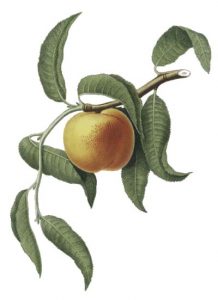 Digestive problems can effect the ability of the body to absorb the relevant nutrients from our food. Our food contains the calories, fats, vitamins and proteins which help us to function healthily.
Digestive problems can effect the ability of the body to absorb the relevant nutrients from our food. Our food contains the calories, fats, vitamins and proteins which help us to function healthily.
When you notice any abnormality with your digestive process, you should consult a GP with your concerns. A good starting point when trying to discover problems with digestion is to monitor your diet.
Some foods can trigger symptoms in people with certain conditions such as gluten, high fat or high cholesterol foods. High fibre foods can also help digestive problems such as diarrhoea and constipation.
Chest Pain: Gastroesophageal Reflux Disease (GERD)
If you suffer from heartburn or chest pains about twice a week, then this could be a sign that you have Gastroesophageal Reflux Disease (GERD). GERD can be managed by avoiding particular foods and drinks or by taking medicine that reduces stomach acid production. Severe cases may require surgery or stronger medication.
Gallstones
Gallstones can begin to form in people who have too much cholesterol or waste in the bile. Gallstones are hard deposits which form within the gallbladder and can block the access from intestines to the gallbladder. Gallstones can be dissolved by medications or removed by surgery.
Diarrhoea
Diarrhoea is the movement of watery or loose stools. This can be caused by contaminated food, a bowel infection or a symptom of an illness. Whilst experiencing diarrhoea, you should avoid high fibre foods, spicy food, alcohol, caffeine and fatty foods. Food which can help improve the condition include rice, bananas, lentils and boiled vegetables.
Constipation
Constipation leads to reduced bowel movements. It may become uncomfortable to pass stools. This can result in bloating from trapped wind, lumpy stools, pains in the abdomen. You can improve a constipation problem by increasing the amount of fibre in your diet. A high fibre diet improves the softness and bulk of your stools to make it easier to pass regular bowel movements.
Celiac Disease
Celiac Disease is a disorder where your immune system reacts to gluten damaging the villi in the small intestines. When the villi become damaged, it makes it difficult for the body to absorb nutrients from food. The most effective way to avoid the problems of celiac disease is to stop eating foods which contain gluten. This includes wheat, barley and rye. Alternatives to gluten products include: lentils, corn flour, brown rice, soy flour, amaranth or quinoa.
Crohn’s Disease
Crohn’s disease is autoimmune disease. This means that your body mistakes its own cells for foreign bodies and the immune system attacks it. People with crohn’s disease experience problems within the lower intestine and it can effect areas throughout the digestive system. The disease can be medicated with immunosuppressants, pain relief products or surgery.
Ulcerative Colitis
Ulcerative Colitis is another autoimmune disease. This disease effects areas within the large intestine or colon. You will need to eliminate foods which contribute toward the symptoms and use medication to reduce the inflammation. Severe cases may require surgery to remove the colon.
Irritable Bowel Syndrome
Irritable bowel syndrome (IBS) is a digestive condition which produces discomfort or pain within the stomach. If you notice problems within your stomach occurring at least three times a month over a long period, IBS may be the cause. Some trigger foods can be eliminated from your diet to reduce the symptoms and diets which are high in fibre and low in fat can help. The probiotics found in yogurt may also help alleviate the problems of IBS.
Hemorrhoids
Hemorrhoids is an inflammation in the blood vessels located at the bottom of your digestive tract. Hemorrhoids can be painful and itchy. The symptoms can be treated by increasing fibre in your diet, exercise and drinking more water. Other relief can come from suppositories and creams. Surgery to remove a hemorrhoid may be an option for serious cases.
Diverticulitis
Diverticula are pouches which develop on weak spots within the colon or lining of your digestive system. The pouches can become inflamed or begin to bleed. obesity can also be a contributing factor to Diverticulitis. High fibre diets are recommended. Helpful foods include legumes, vegetables and whole grain.
Anal Fissure
Anal fissures are tears in the anus area of your digestive tract. People with anal fissures may experience bleeding and pain after a bowel movement. Fissures can often be caused by soft stools and diarrhea. For this reason, it can be beneficial to eat a high fibre diet to improve the formation of your stools. Medicines can reduce pain and surgery may be required for chronic fissures.
Nutrition advice for digestive problems
Many digestive problems can be solved by adjusting your diet and lifestyle choices. Discussing your problems with a nutritionist can help you to identify foods which may be causing your symptoms.
A nutritionist will work alongside you to design a healthy diet that complements your GP’s advice. The experience of a nutritionist will allow them to tailor your dietary requirements to your individual tastes and daily routines.
Further Reading
Find out more about digestive health by following this link to the NHS website.
